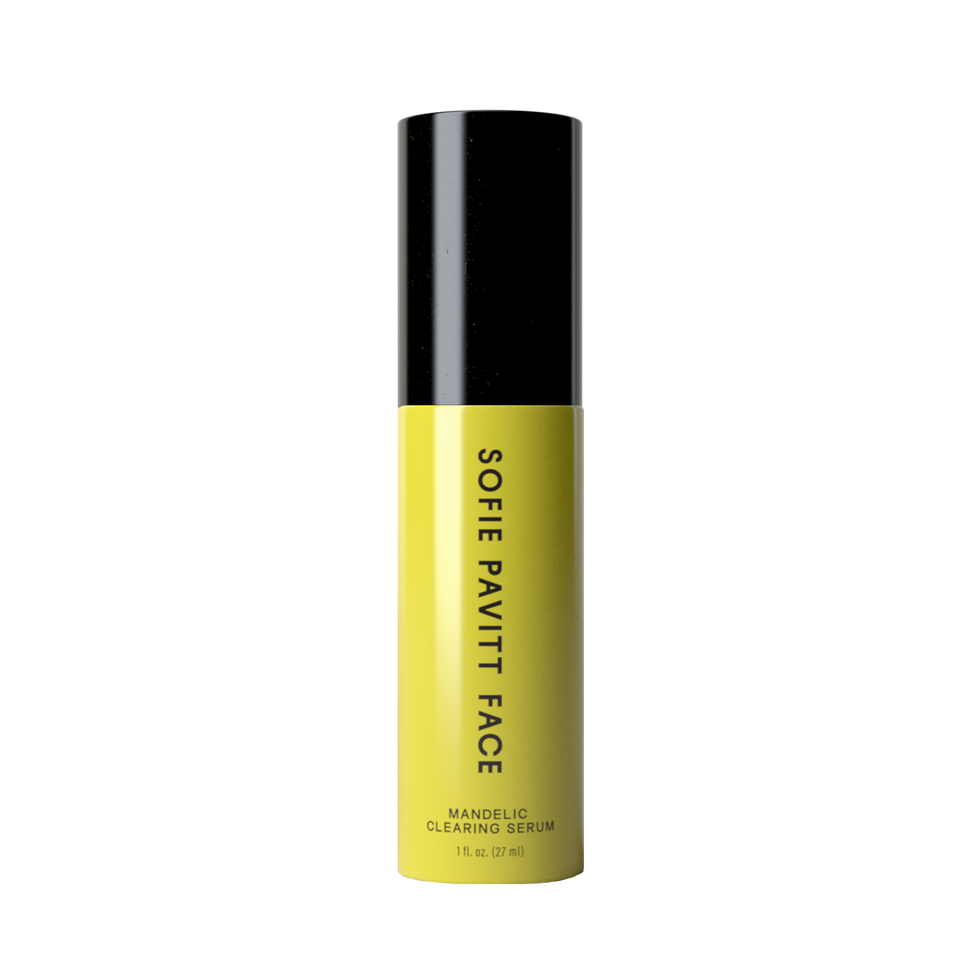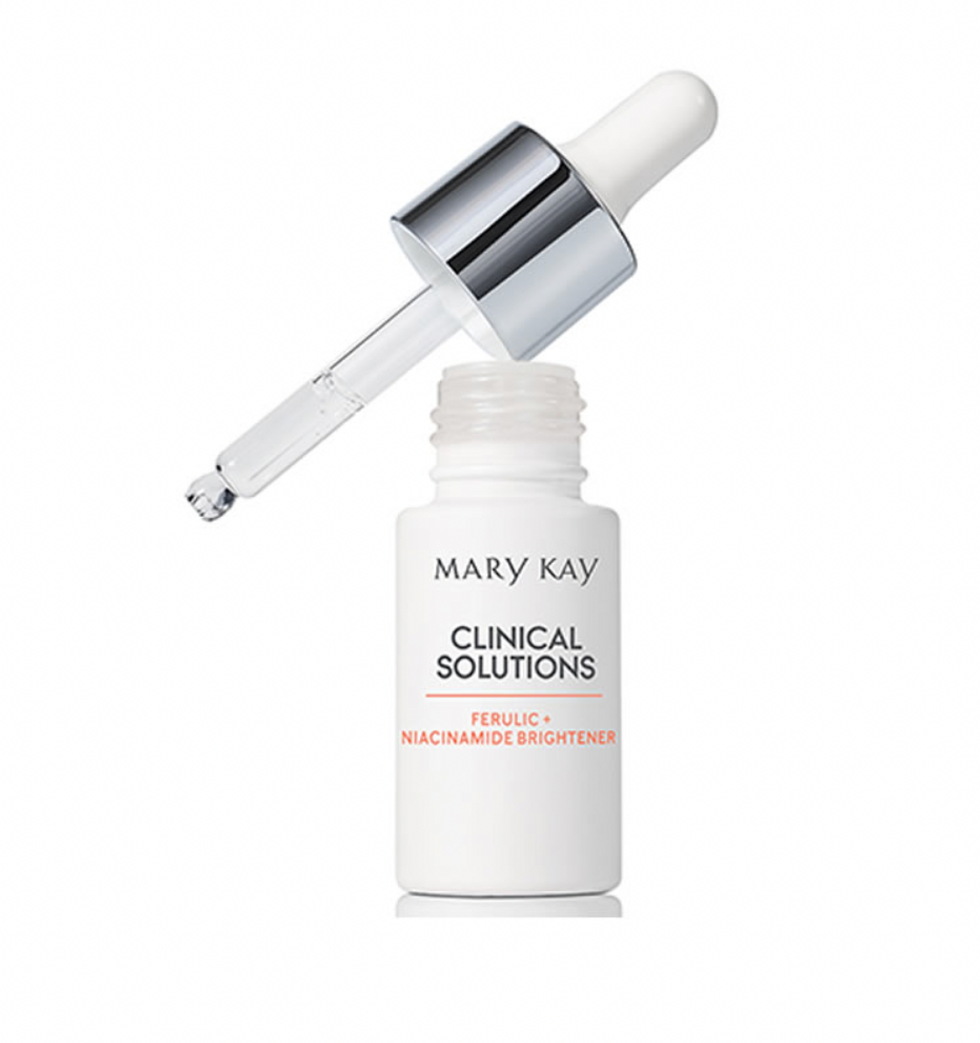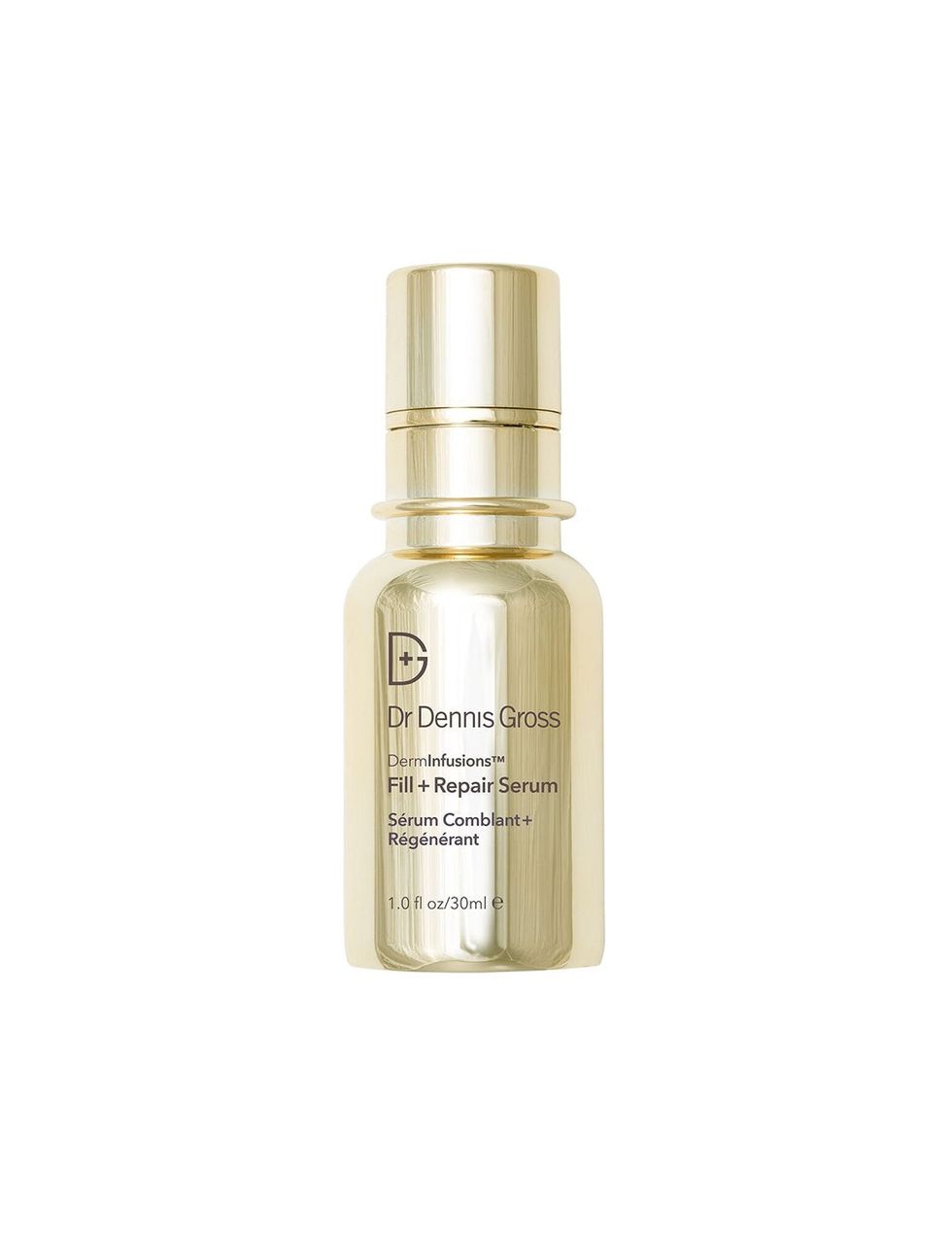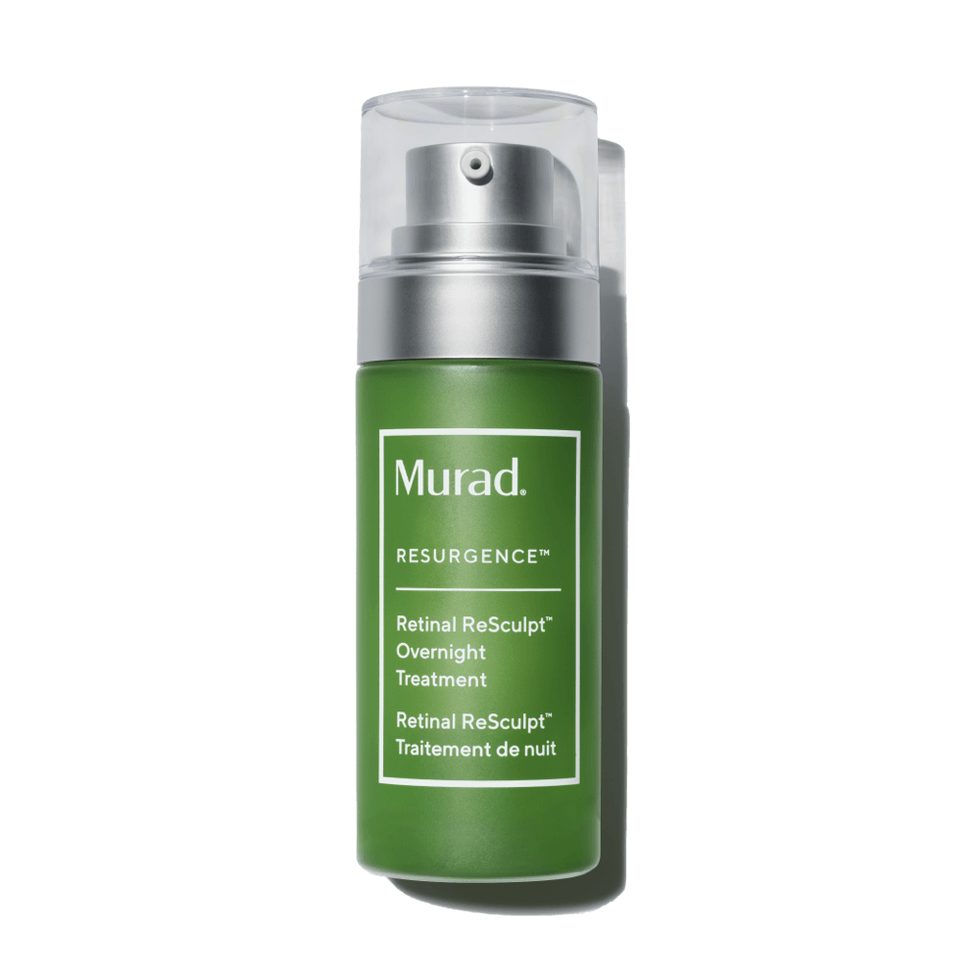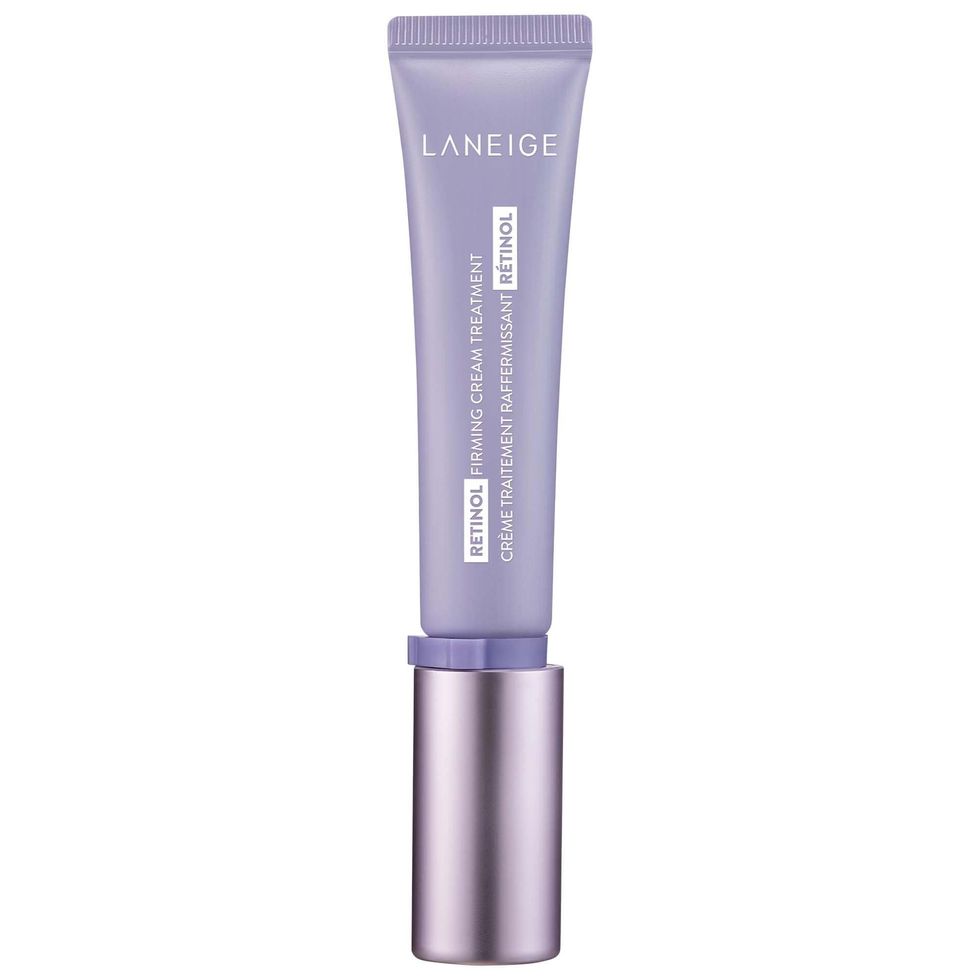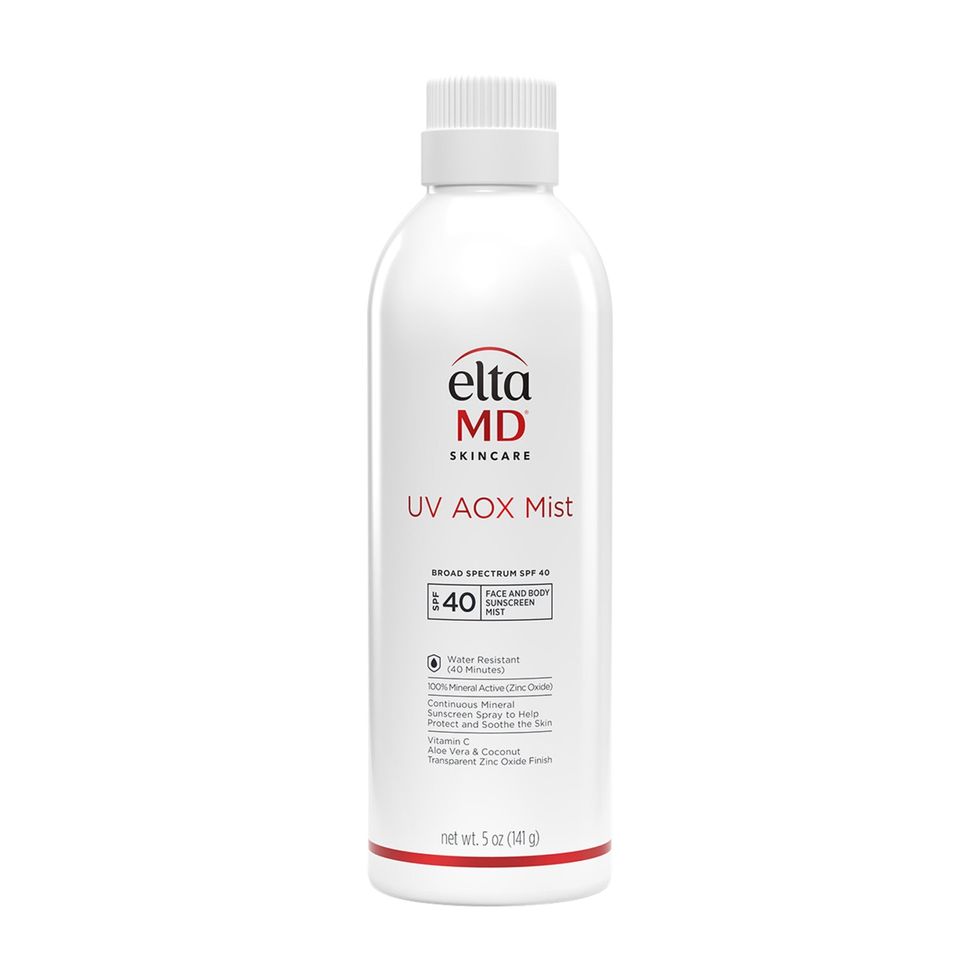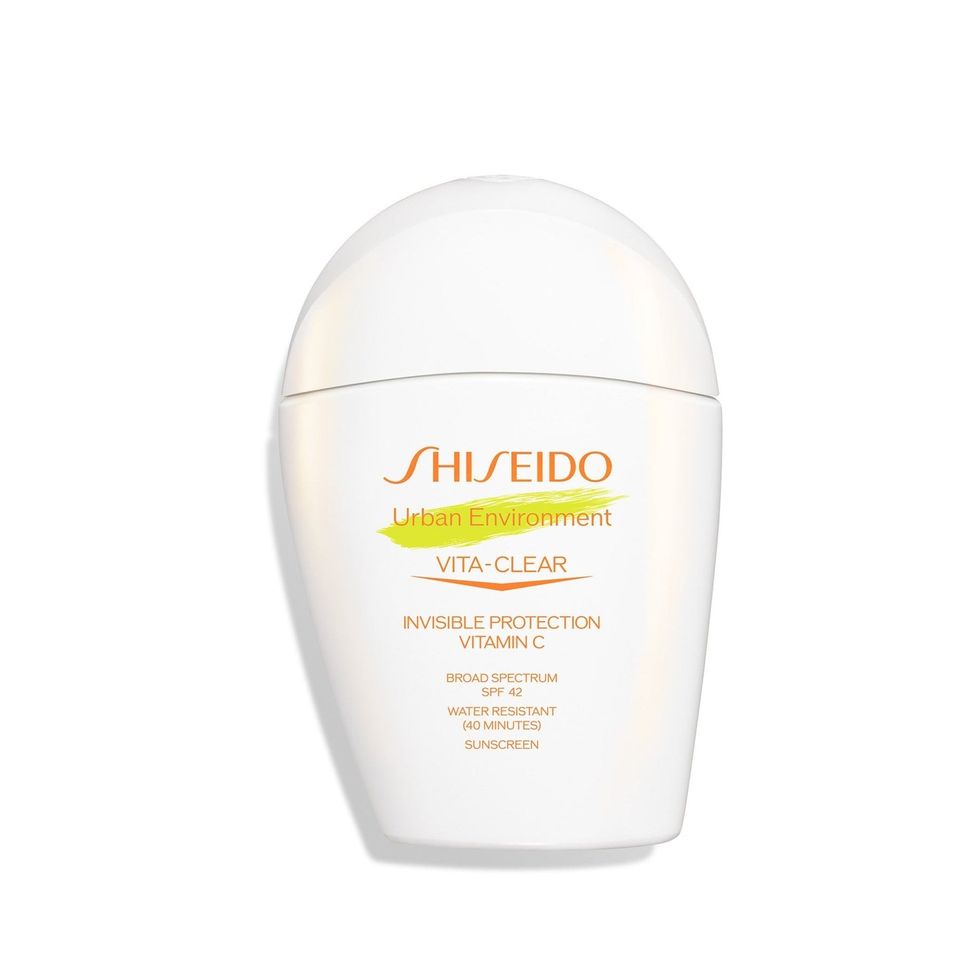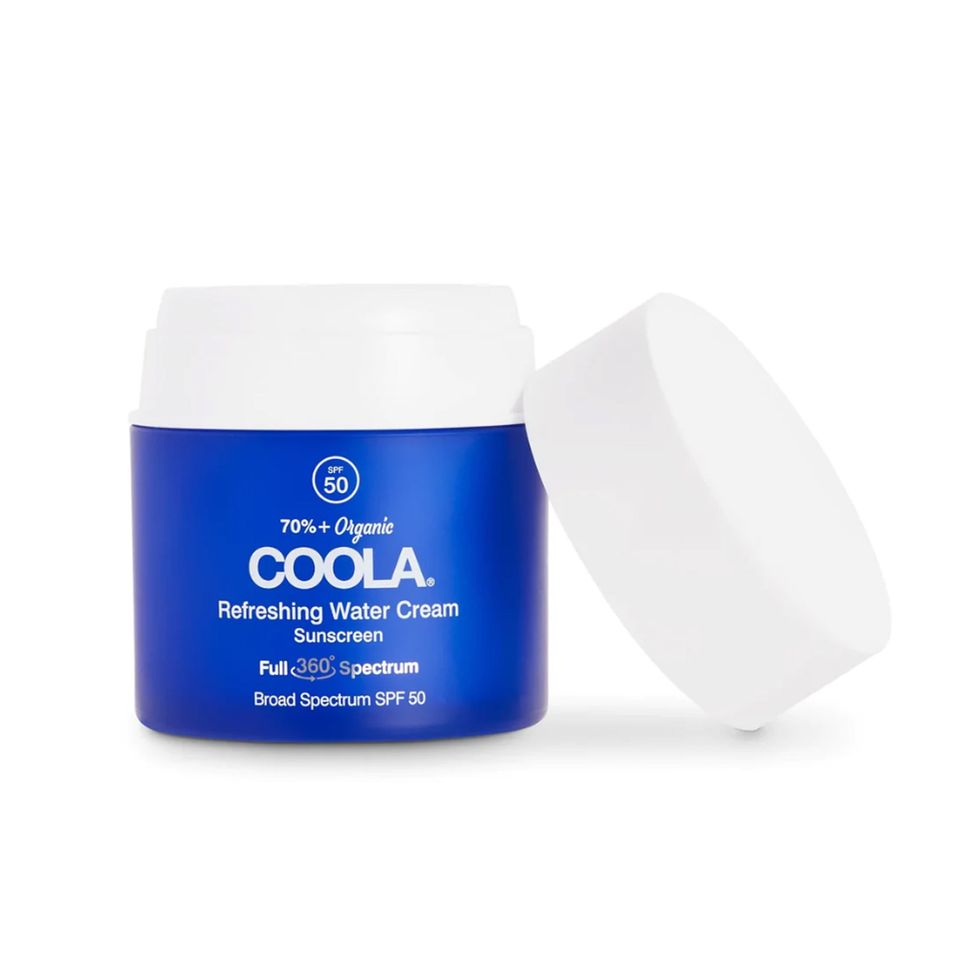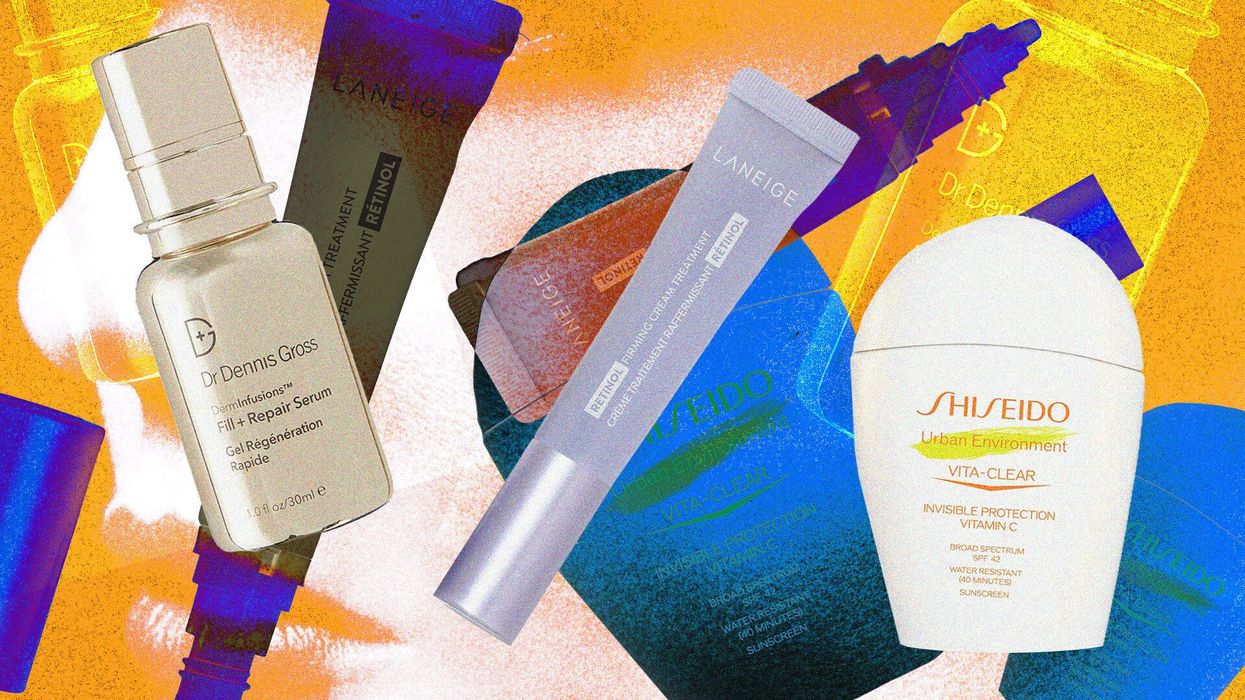
Pimples are annoying enough on their own, but you know what's worse? The marks that linger long after a zit has disappeared. While patience is a virtue when it comes to a run-of-the-mill pimple, unfortunately acne scars don’t simply diminish with time without some effort on your end. But where to start? Ahead, I spoke with Joyce Imahiyerobo-Ip, MD (founder of Vibrant Dermatology and a board-certified dermatologist in Boston) and Bradley Glodny, MD (New York City-based board-certified dermatologist), on what causes acne scars, the best ways to treat them, and how to prevent them from showing up on your skin in the future.
What are acne scars?
Okay, so acne scars are exactly what they sound like—marks left behind on your face after a breakout, explains Dr. Glodny. When you get a pimple, your skin becomes inflamed and your body goes into repair mode; as your skin tries to heal, a scar is usually left behind. “It’s important to note that there are several types of acne scars, and that scars can mean many different things to different people,” says Dr. Imahiyerobo-Ip.
Post-inflammatory erythema (PIE)
When you get a zit, it can initiate an increase in the number of blood vessels in the area which is why some breakouts leave behind red or pink scars or pigmentation. This is called post-inflammatory erythema, says Dr. Imahiyerobo-Ip. It’s more commonly seen in folks with a lighter skin tone.
Post-inflammatory hyperpigmentation (PIH)
When your skin is in its’ post-breakout healing era, it produces a lot of melanin. With darker skin tones, sometimes your body sends too much melanin to the area, leaving behind dark spots.
Ice pick scars
These scars present as “pits or indentations in the skin,” explains Dr. Imahiyerobo-Ip. This change in skin texture happens when there’s a “loss of volume due to broken down collagen following a breakout,” says Dr. Glodny.
The Most Common Causes of Acne Scars
Inflammatory acne
When your body tries to heal inflammation, it can trigger an increase in blood vessels at the site or an overproduction of melanin, resulting in PIE or PIH. With severe cystic acne, you could also notice a loss in volume where the breakouts once were.
Picking or popping zits
You may want to hit pause before going in on a zit that’s been stressing you out. No matter how many Doctor Pimple Popper videos you’ve watched, picking at a zit or attempting to pop it on your own will almost always leave behind a mark, says Dr. Glodny.
Could you be making your acne scars worse?
Unfortunately, yes, you could be the anti-hero; you’re the problem, it’s you. Acne scars can get worse if you “over manipulate your skin,” says Dr. Imahiyerobo-Ip. What does that mean exactly? Aside from picking at your zits (which you already know you shouldn’t be doing), going overboard with your skincare regimen could cause inflammation and irritation, resulting in scars. Rather than slathering your skin with an assortment of active ingredients, stick to a concise routine with products that work in tandem.
Being too aggressive with strong at-home chemical peels or microneedling treatments could also cause some issues, says Dr. Glodny. “Without a professional’s guidance, you may cause additional scarring rather than a reduction in scarring.”
If you’re struggling with hyperpigmentation, that’s another reason why you should be wearing sunscreen on a daily basis. Overexposure to UV rays can trigger an overproduction of melanin, making existing dark spots worse or causing old spots to rise back to the skin’s surface.
How to get rid of acne scars
When it comes to dealing with acne scars, a dermatologist can help you out by creating an effective plan of action which may include in-office treatments.
Best In-Office Acne Scars Treatments
Lasers
- If you’re dealing with ice-pick scars, Dr. Glodny recommends looking into resurfacing laser treatments like ResurFX and Fraxel. These treatments can get deep below the skin’s surface to address the volume loss and boost collagen production.
- There are also a number of laser treatments that can help improve redness in the skin, says Dr. Imahiyerobo-Ip, like pulse dye, KTP, and Nd:YAG lasers.
Microneedling
- Microneedling and radio frequency microneedling are great options to consider if you’re dealing with ice-pick scars—they work to stimulate collagen production which helps minimize the appearance of scars.
Chemical Peels
- “PIH can often be treated with superficial chemical peels and topical skin brighteners,” says Dr. Imahiyerobo-Ip. The high concentration of exfoliating ingredients in chemical peels breaks down the top layer of dead skin cells, allowing the dark spot-free skin underneath to rise to the surface.
Microdermabrasion
- During a microdermabrasion treatment, your derm uses a handheld exfoliator to remove dead skin cells, leaving behind brighter, clearer skin. P.S. If you have sensitive skin, be sure to triple-check with your doctor before moving forward with this treatment to avoid any irritating side effects.
How to get rid of acne scars at home
Best Skincare Products for Treating Acne Scars
Serums
Serums are packed with a high percentage of active ingredients that work to resurface and even out your skin. When you’re choosing a serum to help with PIH, look for ingredients like kojic acid, licorice root, niacinamide, vitamin C, and glycolic acid, says Dr. Imahiyerobo-Ip. For PIE, serums with niacinamide are great for repairing the skin barrier while also soothing redness.
Retinol
“Vitamin A is likely the most effective ingredient to diminish acne scars at home,” says Dr. Glodny. The star ingredient works to boost collagen production and increase cell turnover for brighter and smoother skin. For rx strength, you can ask your derm for a retinoid prescription. If you’re buying it over the counter, consider one of our picks, below.
Sunscreen
It’s important to wear sunscreen every day but especially if you’re dealing with acne scars because the sun’s UV rays can intensify discoloration and worsen PIE and PIH, says Dr. Imahiyerobo-Ip. “When looking for a sunscreen you want to make sure that it is broad spectrum and has an SPF of 30 or higher.”

